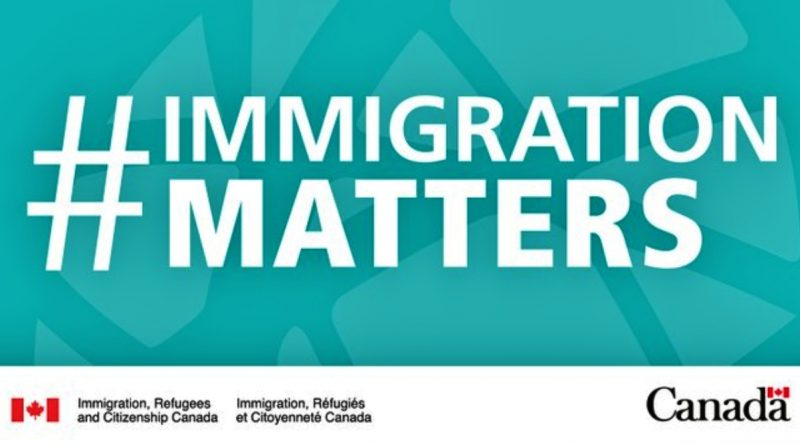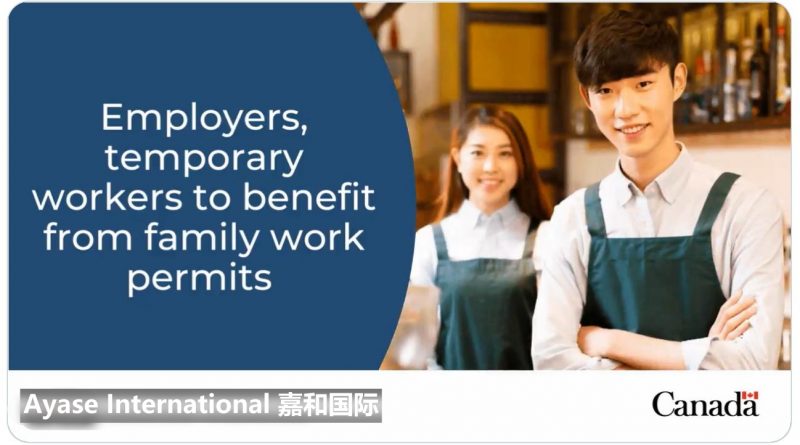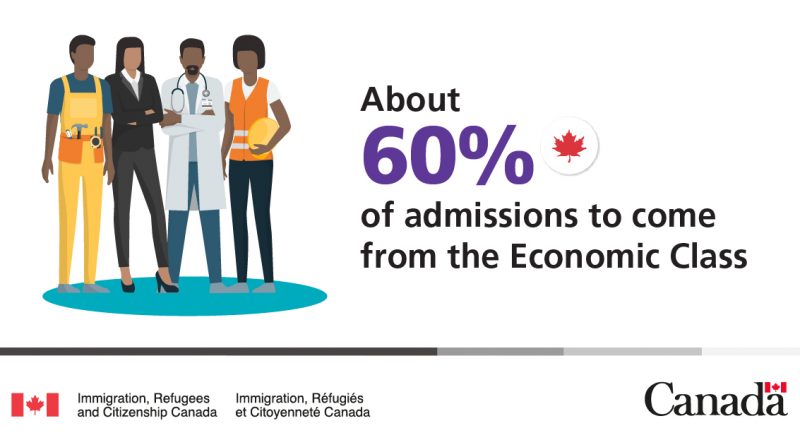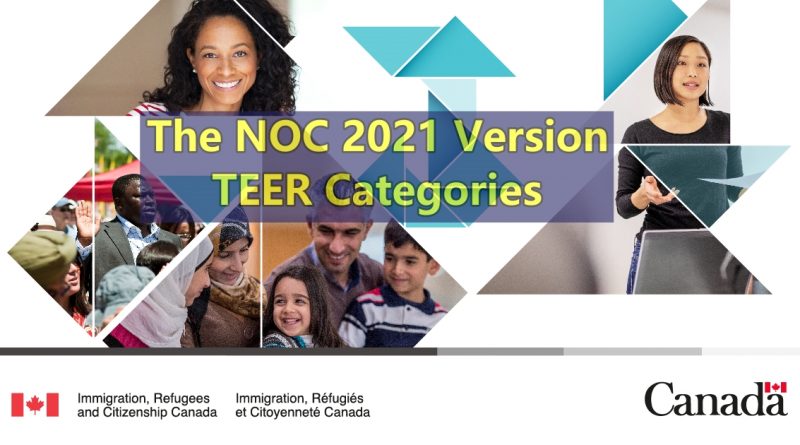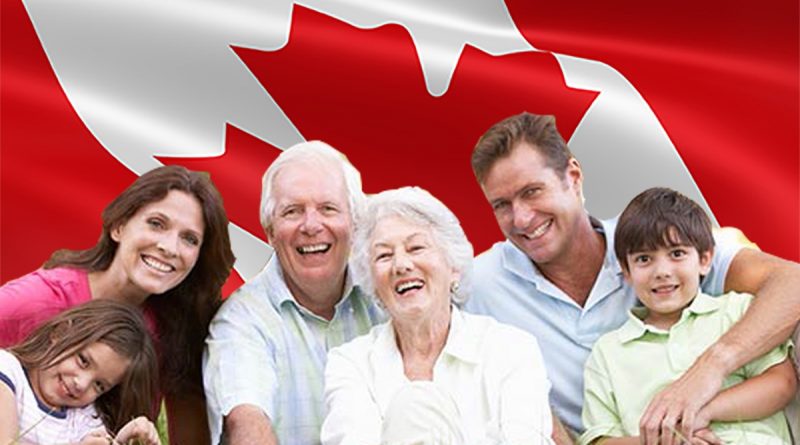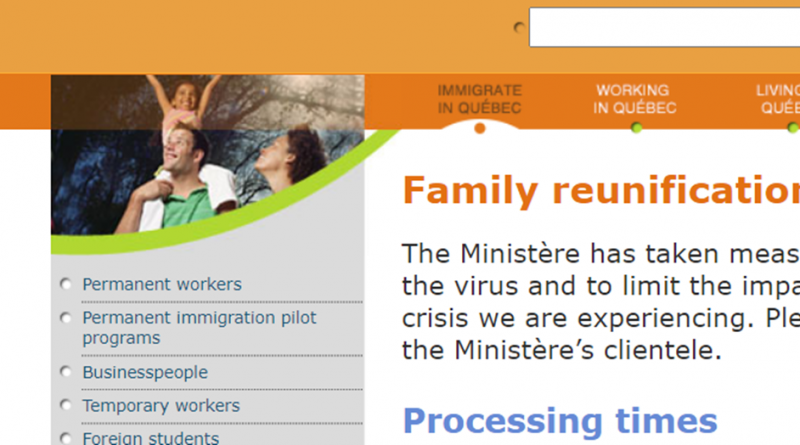The NOC 2021 version uses TEER categories (Training, Experience, Education and Responsibilities) to classify each job based on the level of training, formal education and experience that is needed for each job, as well as the responsibilities associated with each job. There are six TEER categories (second digit, comparable to the NOC 2016 V1.3 Skill Level 0, A, B, C, D ):
TEER 0 – Management jobs
TEER 1 – Jobs that usually require university education
TEER 2 – Jobs that usually require college education OR ≥ 2 year apprenticeships OR supervisory positions
TEER 3 – Jobs that usually require college education OR < 2 year apprenticeships OR > 6 months on-the-job training
TEER 4 – Jobs that usually require high school education OR several weeks on-the-job training
TEER 5 – Jobs with no education requirement, short on-the-job demonstration training
Read More


